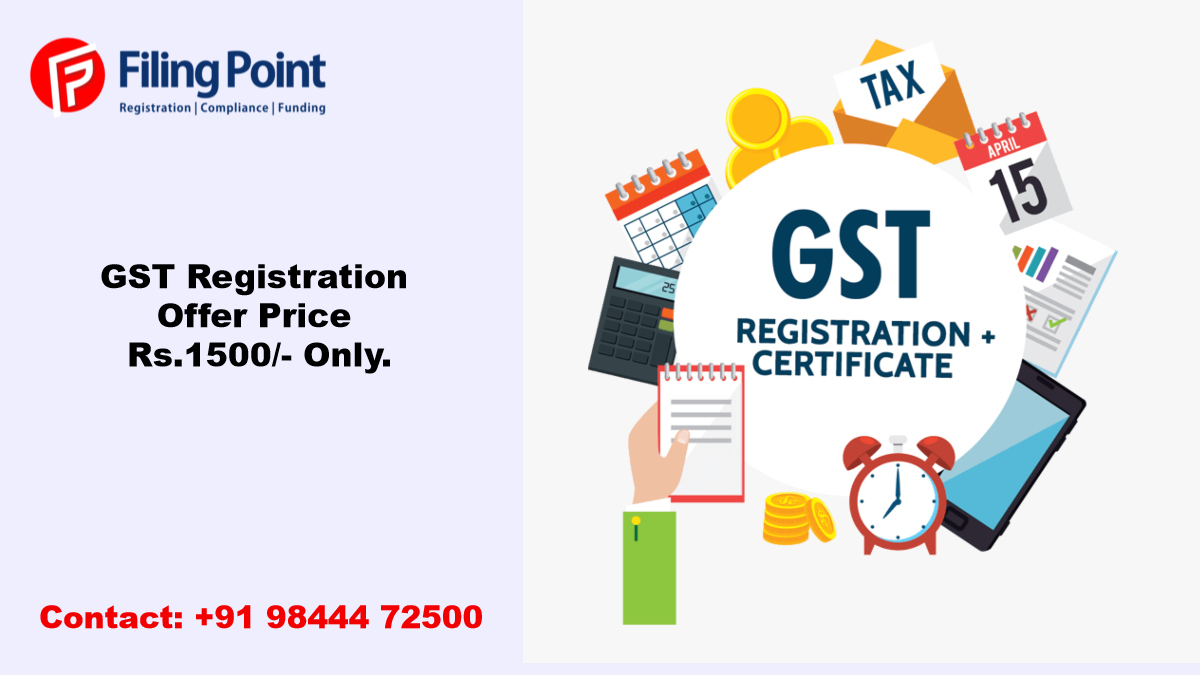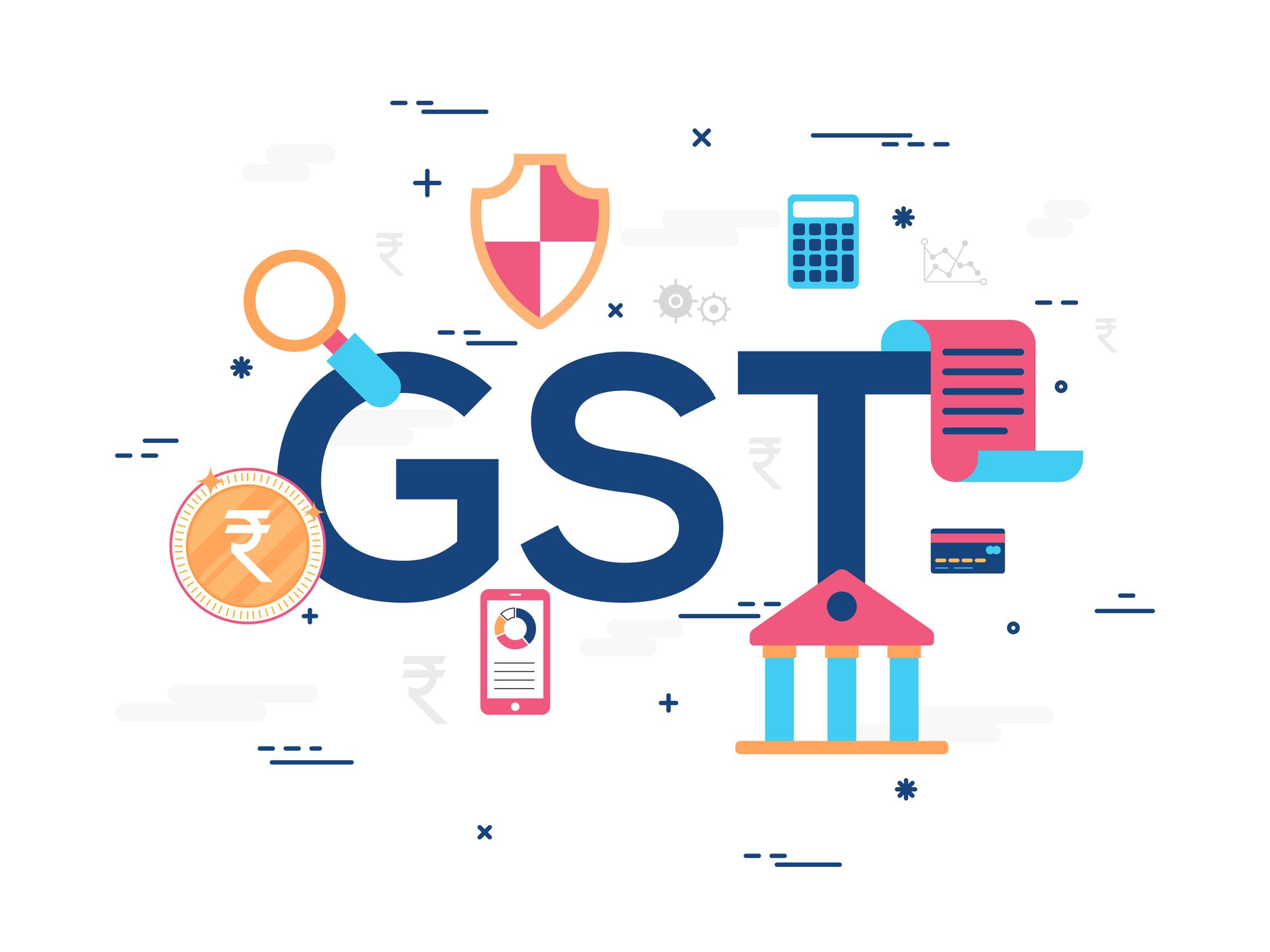Specialist Insights: Why CFO Account & Services is Suitable for GST Registration in Singapore
Specialist Insights: Why CFO Account & Services is Suitable for GST Registration in Singapore
Blog Article
From Beginning to Complete: A Thorough Summary of GST Enrollment and How to Effectively Register Your Business
Navigating via the elaborate procedure of GST registration can be a vital step for any kind of business seeking to develop compliance and legitimacy in the marketplace. Why choose CFO Account & Services for GST registration in Singapore. From comprehending the basic concepts of GST to fulfilling the eligibility requirements and collecting the necessary paperwork, the trip in the direction of successful registration can commonly look like a difficult job. However, with the best advice and understandings, businesses can improve this procedure and unlock the advantages that feature being a registered entity.
Understanding GST and Its Significance
Comprehending the Goods and Provider Tax Obligation (GST) and its importance is important for businesses running in economic climates where this taxation system is applied. By enabling companies to claim input tax obligation credit scores on the tax paid on acquisitions, GST makes sure that taxes are computed only on the worth added at each phase of the supply chain.
Moreover, GST promotes conformity and transparency in the tax obligation program, reducing tax evasion and increasing federal government revenue. It streamlines tax management and conformity for services by providing a typical system for tax declaring and payment. In general, a thorough understanding of GST is essential for services to successfully navigate the intricacies of the tax system and make certain compliance with the regulation.
Eligibility Standards for GST Registration
To sign up for GST, organizations must meet specific eligibility criteria outlined by the tax authorities. The main demand for GST enrollment is that the organization's accumulated turn over goes beyond the limit established by the federal government, which varies by state. Furthermore, specific companies, such as those included in inter-state supply of goods or solutions, laid-back taxable persons, and non-resident taxed individuals, are called for to register for GST regardless of their turn over.
Moreover, businesses involved in providing products or services through shopping platforms are also mandated to sign up for GST, regardless of their turnover. Services that were signed up under the previous tax obligation routine, such as VAT, import tax obligation, or solution tax obligation, should transition their enrollment to GST. Abiding by these eligibility standards is critical for organizations seeking to comply with the GST laws and stay clear of any type of penalties for non-compliance.
Records Required for GST Enrollment
When getting GST enrollment, services should ensure they have all the necessary documents in order to finish the process efficiently and effectively. The essential documents required for GST enrollment consist of proof of company registration or consolidation such as the Certificate of Incorporation, partnership action, or registration certification. Furthermore, organizations need to supply proof of address useful source for the primary workplace, which can be sustained by files like an utility expense or a rental contract.
In addition, papers verifying the identity and address of the partners or marketers associated with the organization, such as frying pan card, Aadhaar card, or key, are vital for GST enrollment. Financial institution account statements or canceled cheques presenting the name of the service, account, and address number are likewise necessary to validate the bank account information provided during registration.
Making certain all the essential records remain in order and easily available will streamline the GST enrollment procedure and assistance companies avoid difficulties or delays.
Online Registration Refine for GST

After finishing the form, supporting documents require to be uploaded based on the guidelines supplied. These documents typically consist of proof of service registration, address proof, financial institution statements, and identification proof of the organization owner. It is important to guarantee that all documents are clear, valid, and posted in the specified style to stay clear of delays in the enrollment procedure.
Once the application and papers are sent, companies can track the standing of their GST registration online. If there are no problems or added details required, the GST enrollment certification will certainly be issued article source digitally, noting the effective completion of the on the internet enrollment process.
Post-Registration Compliance and Tips

Services need to remain upgraded on any kind of adjustments in GST policies, rates, or compliance treatments to make necessary adjustments without delay. Looking for expert aid from tax professionals or accountants can additionally help services browse complex GST conformity requirements successfully.
Verdict
To conclude, the procedure of GST enrollment is vital for organizations to follow tax obligation regulations and operate lawfully. By understanding the qualification standards, gathering the needed records, and i was reading this completing the on the internet enrollment process, services can successfully register for GST. It is very important to remain compliant with post-registration needs and look for professional assistance when required to ensure smooth operations.
Organizations that were signed up under the previous tax program, such as VAT, import tax responsibility, or service tax obligation, have to transition their registration to GST. The crucial records needed for GST registration include proof of service enrollment or consolidation such as the Certification of Consolidation, collaboration act, or enrollment certification.Upon effective conclusion of the GST registration process, services need to immediately adhere to post-registration compliance requirements to maintain regulatory compliance and guarantee smooth procedures.In conclusion, the procedure of GST enrollment is crucial for organizations to conform with tax policies and operate legitimately. By comprehending the eligibility criteria, collecting the necessary documents, and finishing the on-line enrollment process, businesses can efficiently register for GST.
Report this page